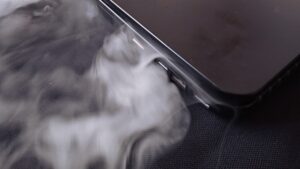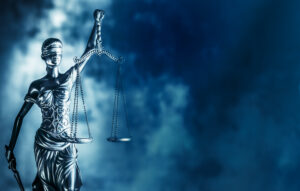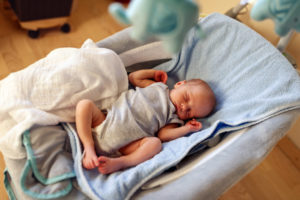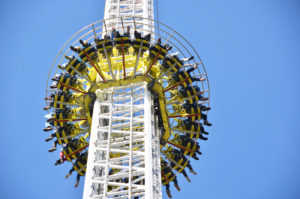Burns are some of the most severe injuries a person can suffer. According to the American Burn Association, across the U.S. in 2011 there were 450,000 burn victims receiving medical treatment, 45,000 burn victims who were hospitalized including 25,000 in burn centers, and 3,500 burn and fire related deaths. With the Fourth of July holiday this week and the Labor Day weekend coming up in the near future, there is no better time to talk about grill safety.
According to the U.S. Consumer Product Safety Commission, about 30 people each year are injured from grill fires and explosions. Propane is a highly flammable and dangerous gas, and steps can be taken to reduce the risk of an explosion or fire. The commission sets out the following list of grill safety tips:
- Check the tubes that lead into the burner for any blockage from insects, spiders, or food grease. Use a pipe cleaner or wire to clear blockage and push it through to the main part of the burner.
- Check grill hoses for cracking, brittleness, holes, and leaks. Make sure there are no sharp bends in the hose or tubing.
- Move gas hoses as far away as possible from hot surfaces and dripping hot grease. If you can't move the hoses, install a heat shield to protect them.
- Replace scratched or nicked connectors, which can eventually leak gas.
- Check for gas leaks, following the manufacturer's instructions, if you smell gas or when you reconnect the grill to the LP gas container. If you detect a leak, immediately turn off the gas and don't attempt to light the grill until the leak is fixed.
- Keep lighted cigarettes, matches, or open flames away from a leaking grill.
- Never use a grill indoors. Use the grill at least 10 feet away from your house or any building. Do not use the grill in a garage, breezeway, carport, porch, or under a surface that can catch fire.
- Do not attempt to repair the tank valve or the appliance yourself. See an LP gas dealer or a qualified appliance repair person.
- Always follow the manufacturer's instructions that accompany the grill.
We recently represented a gentleman injured in a grill explosion. The nicest guy you would ever meet, and the nicest wife and family. This gentleman and his wife were guests at another person’s house who was hosting a cookout. And, the host had one of those huge commercial smoker grills, the big cylinder kind you see outside of restaurants sometimes sitting on a trailer. One side had a wood box burner. The other side had a propone gas set up. In a split second, when our client went to the grill to flip some food, there was an explosion. A fireball engulfed our client.
He suffered severe burns on his arms, stomach, chest and face. He spent 25 days in a burn intensive care unit. Several times per day nurses would scrape the burned tissue off, apply medicated burn creams and cover with bandages to prevent infection. For the first week, he was in and out of consciousness. These are injuries that no one would wish on anyone.
Grill mishaps can be caused by a variety of contributing factors. Defects in the manufacture or design of the grill can be the cause. Also, user error can be a cause. We all love to cookout on a grill, but we have to do it with safety in mind.
We have helped many burn victims and their families in fire and explosion cases. Contact us should you have any questions or know someone who may need our help.

A civil trial attorney with the firm Wooten, Kimbrough, Damaso & Dennis, P.A., Mr. Damaso concentrates on cases involving personal injury and wrongful deaths and solely represents individual victims and consumers. He takes his clients' cases personally and is committed to their best possible outcome. His strong sense of community has led to his support of numerous charities in the Orlando area.










Comments for this article are closed.